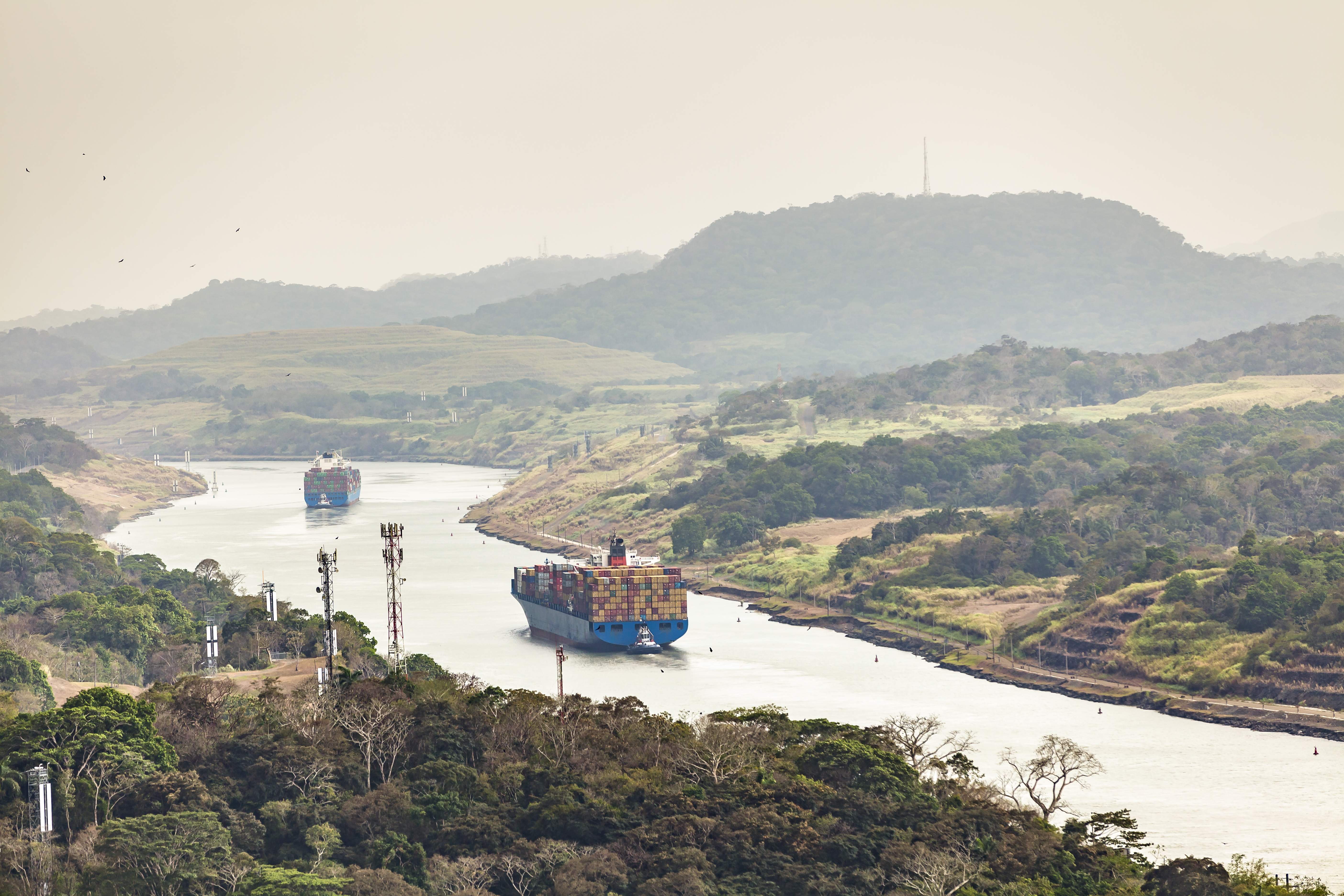How to keep waterborne transport moving amid climate change?
14 January 2025 13:00 till 16:00 - Location: Delft. Details will follow | Add to my calendar
This event is part of our Dies Natalis anniversary week ‘Making sense of mobility’
Drought, floods, rising sea levels—climate change is forcing us to rethink and redesign waterborne transport systems.
Droughts
Think of the extreme droughts that caused the number of daily transits in the Panama canal to drop by almost 50%, leading to massive vessel queues. Or that caused the Yangtze in places to reduce to half its normal width, and its water level to drop to the lowest level since records began in 1865. Similar extremes have occurred in Europe, with prolonged droughts impacting the transport from the Port of Rotterdam to the German and Swiss hinterland over the Rhine. And with salt intrusion measures at the locks of IJmuiden impacting the accessibility of the Port of Amsterdam.
Economic damage
Supply chain disruption is an important climate impact that requires our attention. The stakes are high: climate disruptions trigger a cascade of economic consequences with goods and freight facing delays, which in turn causes production loss and economic damage in industry. This in turn will cause prices of goods to increase.

Mark van Koningsveld
Professor Ports and Waterways
- +31 (0)15 27 82811 (secretary)
- m.vankoningsveld@tudelft.nl
-
Room number: HG 3.77
Faculty of CEG
Building 23
Stevinweg 1
2628 CN DelftPO box 5048
2600 GA Delft
Presence: Wed, Thu
Secondary company: Van Oord
Inspire each other during the symposium
Young engineers, scientists and practitioners are designing and implementing innovative systems to ensure goods reach their destinations while adapting to a changing climate. During this interactive symposium you will discover cutting-edge insights from leading experts and uncover solutions for navigating these pressing challenges.
Don’t miss this opportunity to get inspired and reflect together on the wide range of opportunities that new tools offer.
Let’s create solutions together!
A limited group of professionals will be invited to stay after the symposium. We will try to take first steps towards a new collaboration, discussing how the innovative methods and tools developed at TU Delft can best help the industry.
Preliminary programme
13:00 Opening by Mark van Koningsveld, professor of ports and waterways at TU Delft
Introduction into the importance of waterborne transport and climate change
13:10 Fedor Baart, data and modelling expert and advisor at Rijkswaterstaat
How to deal with deceptive floodrisk maps?
13:40 Floor Bakker, postdoc researcher in the SeaAI programme at TU Delft
How to quantify water transport performance in (open and closed) estuaries?
14:10 Break
14:30 Frederik Vinke, PhD-candidate at TU Delft and advisor at Rijkswaterstaat
How to quantify the cascading effects of prolonged drought on inland shipping?
15:00 Gerben de Boer, Innovation Manager at Van Oord
Simulating for sustainability to improve the design of complex dredging operations
15:30 Closure by Mark van Koningsveld
Reflection on how climate change is posing new challenges for experts
Making Sense of Mobility
This event is part of TU Delft’s 183nd Dies Natalis celebrations with the theme Making Sense of Mobility. From 13 to 17 January we discuss and shape the future of mobility together. We invite all students, employees, alumni, partners and peers to take part in one of our events week and join the Dies Natalis anniversary ceremony. With debates, lectures, demo’s and a Mobility Innovation event, there should be something to meet your needs.


